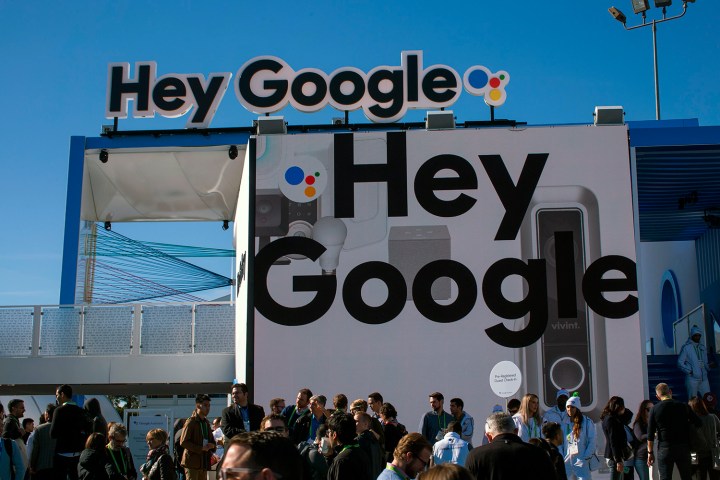
Rather than just pre-loading the first couple search results, or guessing which URL you’re about to type, the system Google outlines in this patent filing would leverage your previous behavior — including cursor location, browsing habits, history, context clues, all sorts of minutiae all poured into an algorithm to determine the probability that you’ll click certain links. The system could even start pre-fetching a website when you start moving your cursor toward one link or another.

“The methods describe a variety of manners of predicting the next navigation event, including examining individual and aggregate historical data, text entry prediction, and cursor input monitoring,” the patent reads.
Essentially it’s a new way to do something Google’s been doing since the very beginning — trying to predict your behavior. If the search engine, or your browser, has a better understanding of your browsing habits it’s in a better position to not just serve you relevant results, but start pre-rendering websites you’ll want to visit. Even though today’s internet speeds make web browsing near instantaneous, Google claims that even a slight boost in page-loading speed could mean regaining thousands of productivity hours each year.
“When a user selects a link on a page or enters a URL in a text field, there is a delay while data is requested from the host, sent to the client, and rendered in the browser,” the patent reads. “The user is typically idle while waiting for their requested site to load. While high-speed internet access may limit this delay to a few seconds, even this short delay can add up to thousands of man-hours of lost productivity each year.”
Of course, it also means Google will have yet another tool to analyze and predict your behavior based on the data the search giant collects on all of its users, like the data collected by Google Assistant. At least in this case, that data will only be used to make your browsing experience a bit quicker — for now that is.

